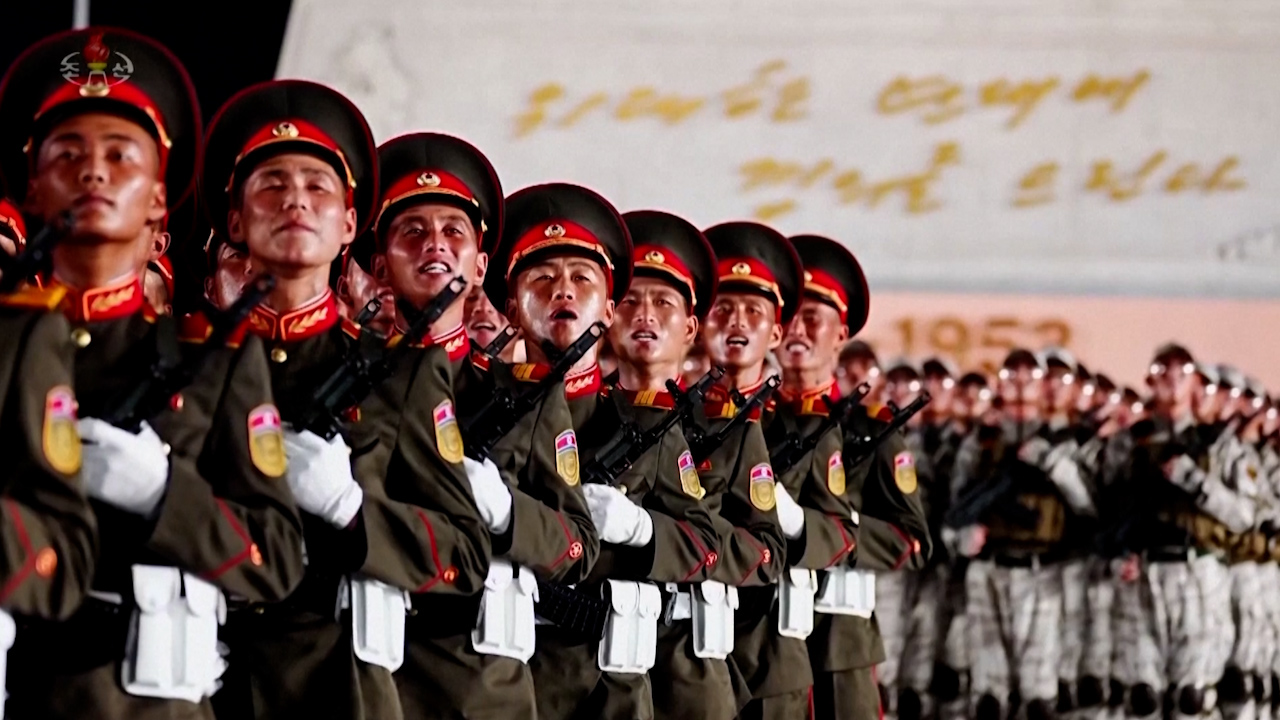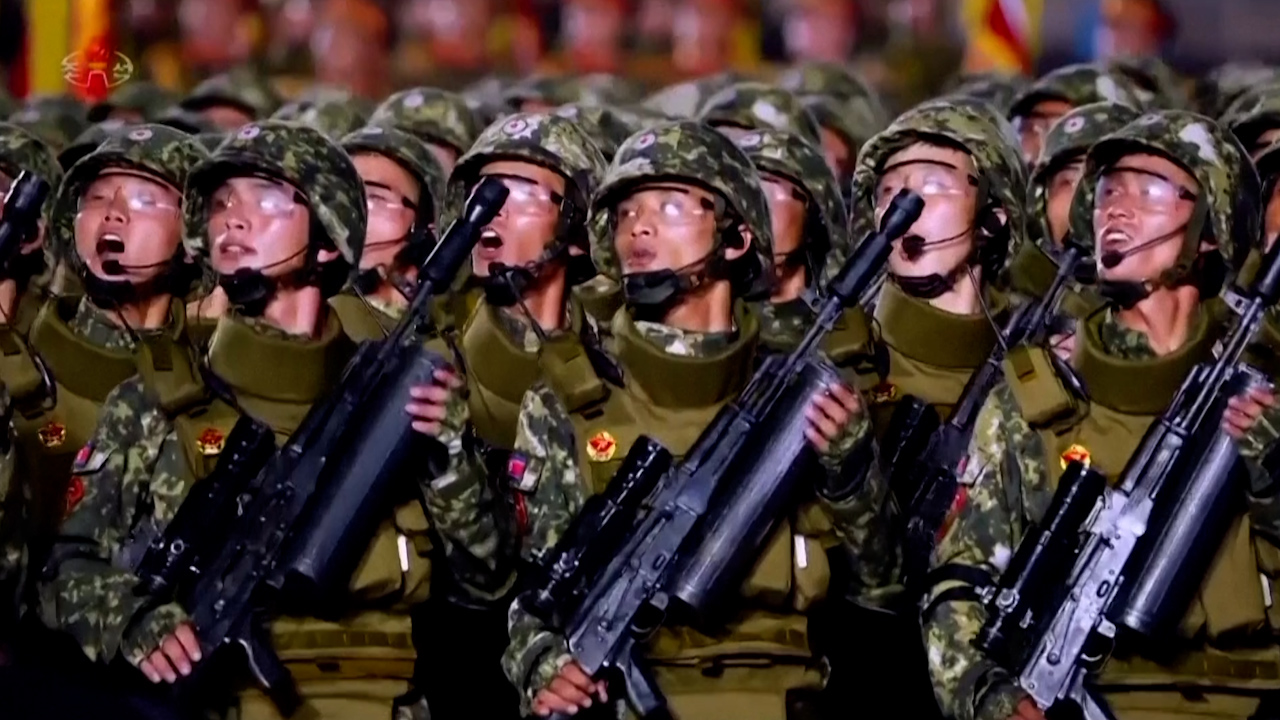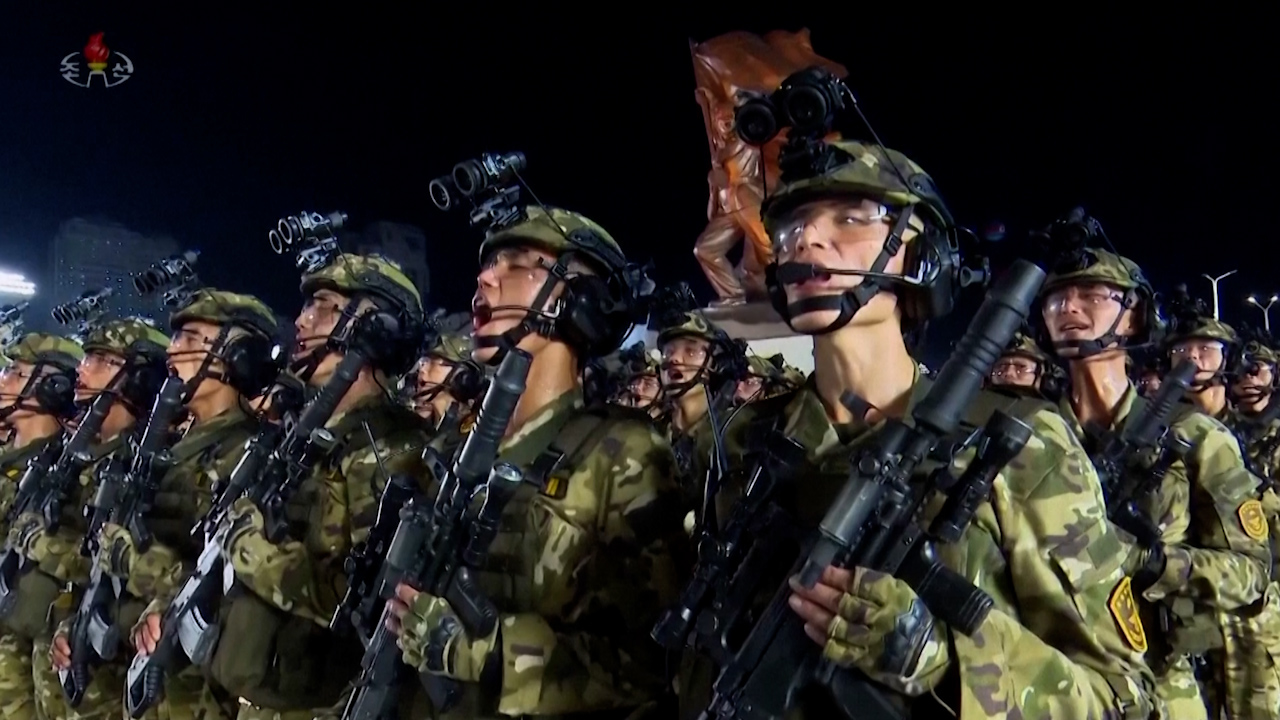
What does North Korea gain by sending troops to support Russia's invasion of Ukraine?

To say North Korea's military is a bit ring rusty is an understatement.
The last time the Korean People's Army (KPA) saw any meaningful conventional combat was back in 1953 during the Korean War.
For Pyongyang, sending thousands of troops to fight alongside the Russian army in Kursk is a learning opportunity.
According to the US think-tank, the Institute for the Study of War (ISW), North Korea's military commanders know that their current doctrine is unprepared for a modern technological war – particularly against a sophisticated adversary like South Korea.
North Korean pilots flew during the Vietnam War and in 1973 Pyongyang sent aircrew to fly for Egypt during the Yom Kippur War.
Some North Korean militia units also reportedly fought in Syria on behalf of President Bashir al-Assad in 2016, but this foreign deployment to Russia is by far the largest it has ever undertaken.
The Democratic People's Republic of Korea (DPRK) will be hoping that troops return with experience in modern combat, in particular the use of FPV (first-person view) drones and electronic warfare.
They will also be able to test their own, and Russian, weapon systems against Ukraine's Western-supplied kit, to see how good or otherwise it really is.
South Korea's Yonhap news agency, citing Ukrainian intelligence sources, said the North Koreans have been equipped with 60mm mortars, AK-12 rifles, machine guns, sniper rifles, anti-tank guided missiles and anti-tank grenade launchers, as well as night vision equipment.
South Korea's National Intelligence Service (NIS) says it believes the DPRK has sent 3,000 troops to Russia so far – including 1,500 Special Forces – and will deploy a total of 10,000 by December.
The contingent is believed to include 500 officers and at least three generals.
The troops are reportedly being paid a salary of $2,000 a month, around $200m a year – money that will undoubtedly go to Pyongyang, not the soldiers themselves.
South Korean network TV Chosun reported in October that North Korea had also sent an unspecified number of fighter pilots to Vladivostok.

North Korean pilots are trained on Russian Su-25 attack aircraft and could potentially gain hard combat experience if they fly those jets on missions over Ukraine.
The country's supreme leader Kim Jong Un will also be hoping his ever-blossoming friendship with Vladimir Putin will bring benefits beyond the battlefield as well.
Analysts say he will be hoping that closer relations with Russia will give him leverage to request Moscow's help should war ever break out on the Korean Peninsula again.
Pyongyang may also use its closer links to Moscow to try and loosen the grip of Beijing.
China provides 90% of North Korea's imports and exports, the bulk of its food aid, and all its crude oil.
In return, it exercises political control – and has stamped down on Kim Jong Un's nuclear ambitions.
Moscow, it's feared, will not exercise the same restraining influence, and could even indirectly support North Korea's nuclear weapons programme, a move that could destabilise the whole Asia-Pacific region.
For Russia, the gains from this arrangement are clear.
Ukraine says it believes Moscow deployed nearly 50,000 personnel from other areas of the frontline to Kursk to try and stop Kyiv's surprise summer incursion.
The arrival of four brigades of North Korean troops will potentially allow those troops to be sent back to eastern Ukraine.
It will also mean Vladimir Putin can delay launching another – socially unpopular – mobilisation.
The big question is how well these North Korean troops will perform and how the Russian military will deploy them.
The soldiers being sent are said to be very young, some in their teens.
They have also been trained in mountainous North Korea and have no experience of the large, open battlefields of Ukraine.
There are also linguistic barriers, and Moscow is reportedly only assigning one interpreter for every 30 North Korean troops.
If Russia uses them for so-called 'meat assaults' in Kursk, many thousands of them could be killed or injured, potentially turning Kim Jong Un's foreign adventure into a disastrous deployment.










